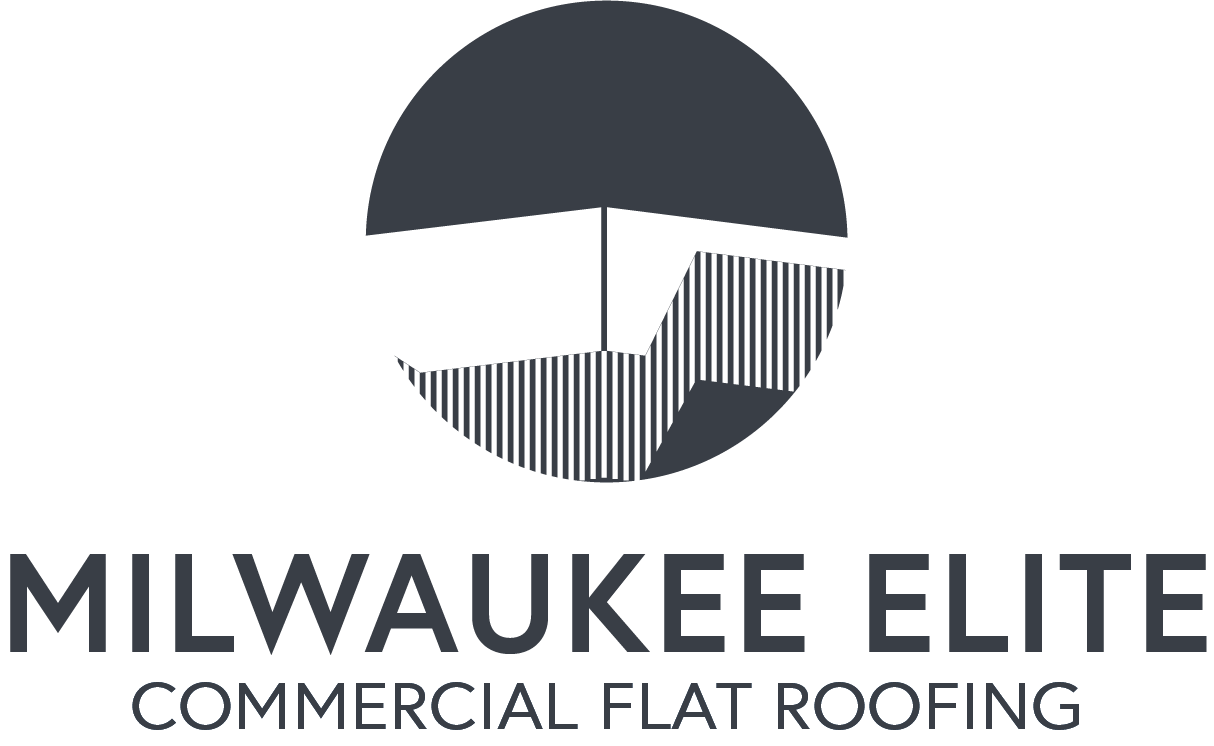TPO and EPDM Roofs
TPO (Thermoplastic Olefin) and EPDM (Ethylene Propylene Diene Monomer) are common single-ply roofing membranes used on commercial buildings. We focus on proper cleaning and surface prep to ensure silicone coating adheres well.
TPO roofs are heat-welded and reflect sunlight, reducing energy costs. Silicone coatings add an extra waterproof layer that extends roof life and improves UV resistance. Meanwhile, EPDM roofs are rubber-based and flexible. Silicone coating prevents ponding water damage by sealing small cracks and seams. This helps maintain the roof's elasticity and stops leaks over time.
Modified Bitumen Roofs
Modified bitumen roofs consist of asphalt combined with modifiers for flexibility and toughness. These roofs often come in rolls and use torch-applied, cold adhesive, or self-adhesive methods. We carefully clean and repair cracks or blisters before applying silicone. The silicone forms a seamless, waterproof barrier that protects from UV rays and weather damage.
This roof type can expand and contract with temperature changes, so our silicone coating remains flexible and prevents the material from breaking down. It also improves the roof’s resistance to chemicals and pollutants.
Built-Up Roof Systems
Built-Up Roof (BUR) systems are layered with alternating sheets of roofing felts and bitumen. These multiple layers create a durable roof with good waterproofing. We inspect for soft spots and damage in the layers before coating. Our silicone coating adds a flexible, reflective surface that enhances protection from heat and moisture.
The silicone also seals tiny cracks caused by movement or weathering, slowing down aging. It helps maintain the strength of this multi-ply roofing system without peeling or cracking.
Experienced Specialists
We have years of experience working with a wide range of commercial roofing projects. Our team understands the unique challenges flat roofs face, such as water pooling and weather damage. This helps us apply silicone coatings that last and protect your roof efficiently.
Our specialists are trained to assess roof conditions accurately. We use this information to choose the best materials and techniques for each job. You benefit from our expertise, reducing the chance of future repairs or leaks.
Commitment to Quality
Quality is the core of everything we do. We carefully prepare each roof surface before applying silicone coatings to ensure strong adhesion. Our methods follow industry standards and manufacturer guidelines to maximize durability.
We use high-grade silicone products that withstand Milwaukee’s weather, including extreme heat, freezing, and heavy rain. Our team works cleanly and safely, minimizing disruptions to your business during the project.
Local Expertise
We know Milwaukee’s climate and construction rules well. This local expertise helps us recommend the right roofing solutions for your building. We understand how seasonal changes affect roofing materials and plan accordingly.
Our connections with local suppliers and inspectors speed up the project process. We respond quickly to service requests, offering timely maintenance and repairs when needed. Choosing us means you get a partner who values your location’s specific needs.
FAQs
We understand the main concerns about silicone roof coatings. These include benefits, lifespan, compatibility with roofing materials, maintenance, weather effects in Milwaukee, and comparisons with other coatings.
What are the benefits of silicone roof coatings for commercial flat roofs?
Silicone coatings provide strong waterproofing and UV resistance. They help prevent leaks and reduce roof damage from sun exposure.
They also reflect heat, which can lower cooling costs. Silicone coatings are flexible and can handle expansion and contraction without cracking.
How long does a silicone roof coating typically last on a commercial flat roof?
A properly applied silicone coating usually lasts 10 to 15 years. Regular inspections and cleaning can help maintain its lifespan.
Can silicone roof coatings be applied to all types of flat roofing materials?
Silicone coatings can be applied to many flat roof types like EPDM, TPO, and built-up roofs. Surface preparation is important to ensure proper adhesion.
However, some roofing materials may need specific treatment before coating.
What maintenance is required for a silicone-coated flat roof?
Maintenance is minimal but important. Keep the roof clean and remove debris regularly.
We recommend inspecting the roof at least twice a year to check for damage or buildup.
How does silicone roofing compare to other flat roof coating options in terms of performance and cost?
Silicone offers excellent waterproofing and UV protection compared to acrylic or urethane coatings. It usually costs more upfront but can save money over time by reducing repairs.
Its durability often provides better value for commercial flat roofs.

